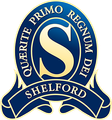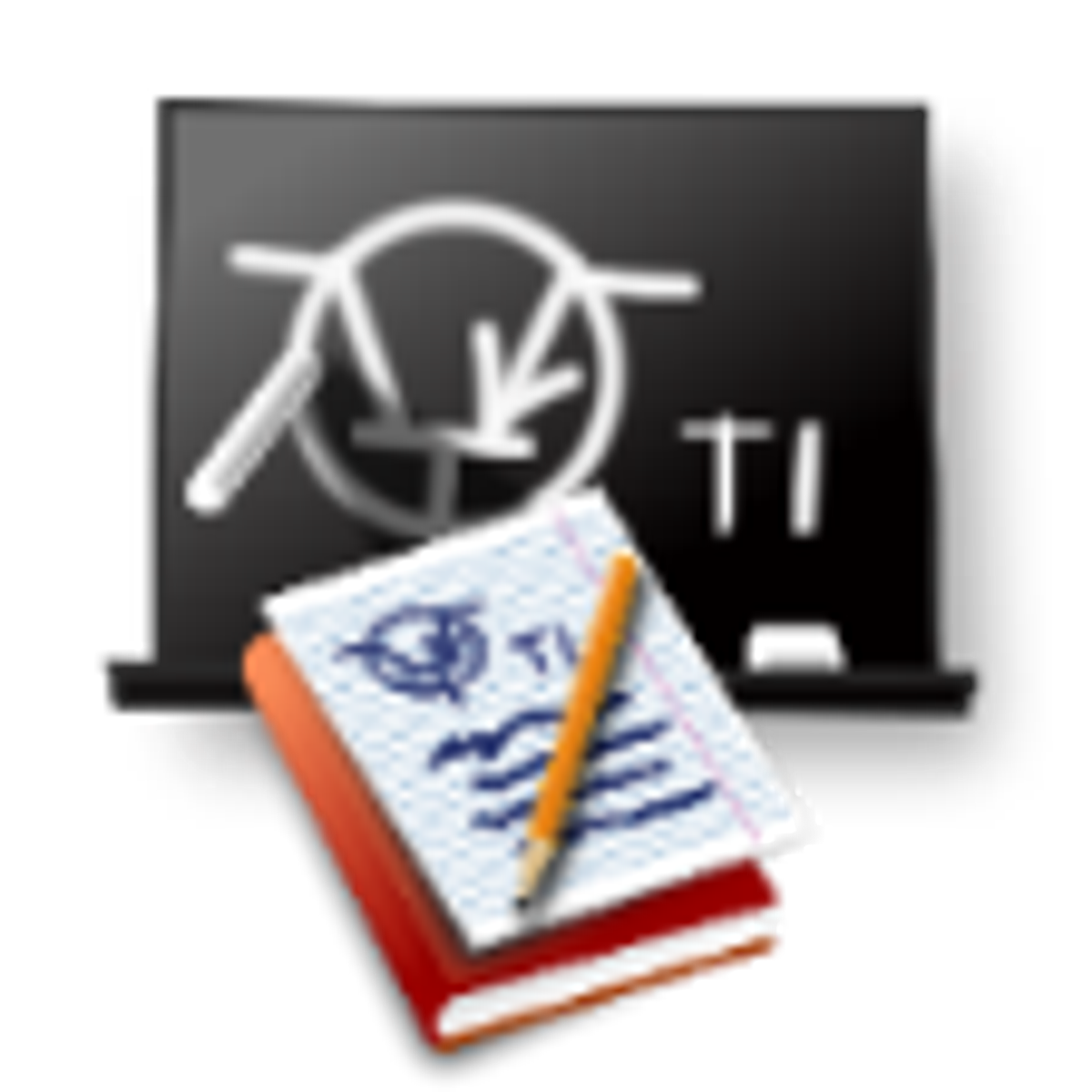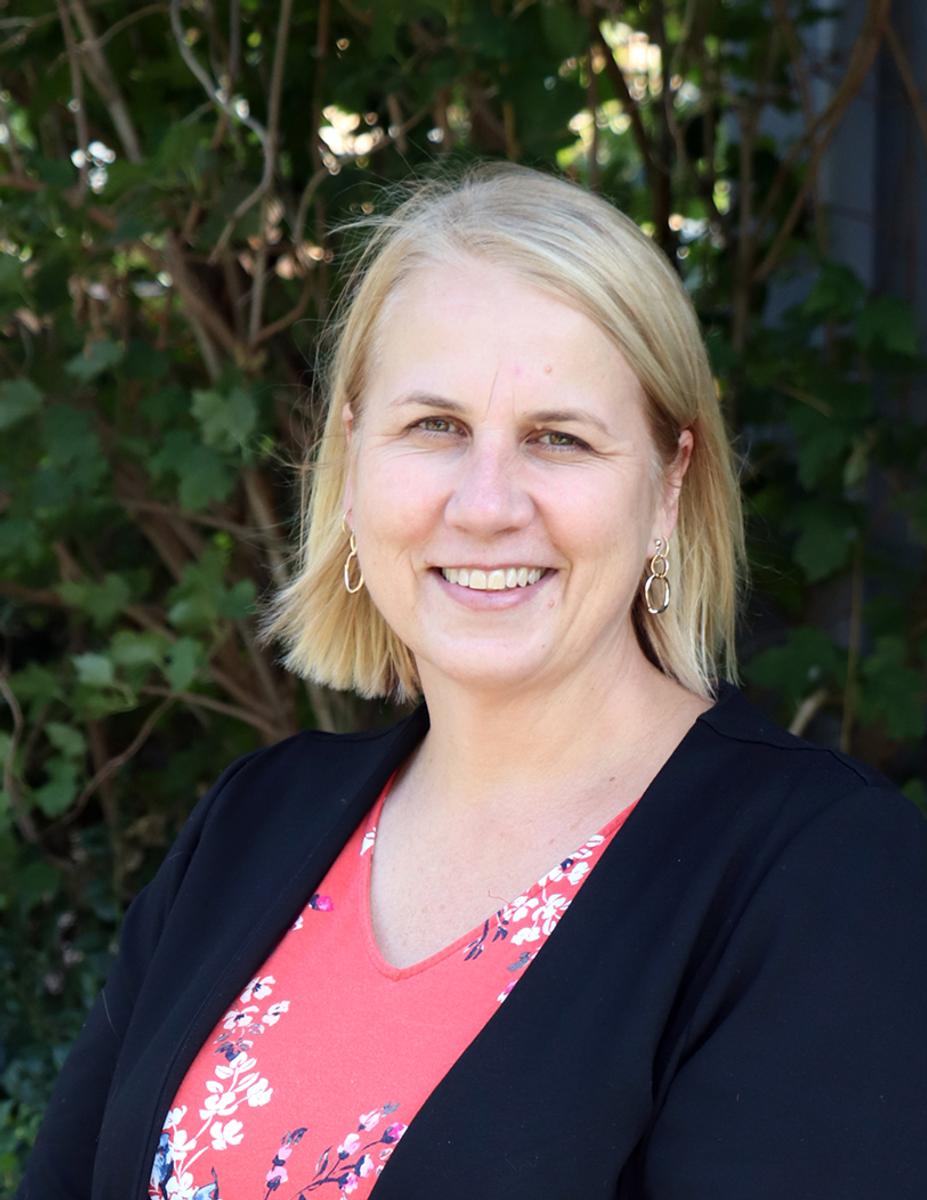Careers Update

Important Information for Year 12 students
Reminder: VTAC 2024 Upcoming Key Dates
VTAC Personal Statement | Friday 1 December 2023 |
ATARs Released | Monday 11 December 2023 |
Change of Preference (CoP) closes | Wednesday 13 December 2023 |
December Round Offers | Thursday 21 December 2023 |
January Round International Offers | Friday 5 January 2024 |
January Round Domestic Offers | Friday 12 January 2024 |
February Offer Rounds | Tuesday 6 February 2024 onwards |
For a full list of cancelled, amended, and new courses, visit VTAC Course Updates
The VTAC website is www.vtac.edu.au
Accessing VCE Results 2023
VCE study scores, ATAR and VTAC Scaled Study Scores will be available to students via the Results and ATAR website and the Results and ATAR app on Monday 11 December 2023 at 7.00am. Students will receive a statement of VCE study scores from the VCAA, and those who applied for courses through VTAC this year and have paid their VTAC processing fees, will be sent an ATAR statement in the mail.
Students who wish to receive their results online, will need to register atResults and ATARbefore results are released.
Registrations are already open, and students are encouraged to register soon.
Note: To register, students need their VCAA student number and will be requested to choose a secure password on registering.
University Terms
As our Year 12 students get close to hearing about their applications for University study, it is a good time to give them some insight into words or terms used through they are unfamiliar with. Here are a few of the more commonly used terms to help students understand what is being talked about.
Associated Degree – an associate degree is generally a two-year qualification that is made up of two-thirds of a bachelor’s degree and may be offered by both TAFEs and universities. Students often use this as a stepping stone to the full Bachelor Degree.
Assumed Knowledge – refers to subjects the university recommends or prefers a student to have studied at school before starting the course.
ATAR – Australian Tertiary Admissions Rank – the figure used by UAC and VTAC to calculate the entrance ranking for a university course.
Bachelor’s Degree – the award/qualification a student gains when they have completed studies in an undergraduate course, which takes between 3 or 4 years of full-time study. This is the traditional starting point of a university qualification.
Bridging Course – an introductory course to help students achieve the preferred entry level to a degree, e.g., a bridging maths course for students who do not have the preferred maths but need it to access a course.
Census Date – the last day a student can withdraw from their university course and not owe fees.
Commonwealth Supported Place (CSP) – a student’s enrolment in a university degree for which the Commonwealth government contributes towards the cost of that student’s education.
Credit – if a student has previously studied – perhaps at TAFE – and has Recognised Prior Learning (RPL), the student may be able to receive credit for a subject or subjects in their course. Also often referred to as Advanced Standing.
Double Degree – a student can choose to complete a double degree – this integrates studies in two degrees resulting in an award of two degrees, usually after a minimum of 4 years of study. Often also referred to as Combined Degrees.
Defer – a student may choose to delay starting their course. Deferring an offer of a place might mean delaying for 6, 12, 18 or 24 months. Deferment ensures the student is guaranteed their place in their selected course.
Elective – a subject that is not core to the degree and is often from another faculty, e.g., a commerce student might choose psychology (from the Arts Faculty) as an elective.
Faculty – a department within a university devoted to a particular area of study – so, Faculty of Arts or Faculty of Science.
FEE-HELP – a loan scheme for domestic students used to pay all or part of an eligible student’s tuition fees for university courses but cannot be used for additional study costs such as accommodation or textbooks. A 20% loan fee applies.
HECS-HELP – a loan scheme that assists domestic students with a CSP place to pay their contribution. Students may choose to pay their fees upfront or choose to defer payment via the HECS-HELP loan scheme.
Honours – many Bachelor degrees offer a fourth year – called an Honours year. The Honours year allows students to further focus on a particular an area of interest. The Honours year can either be integrated into a 4-year bachelor’s degree or be offered as a separate year after completion of a 3-year bachelor’s degree.
Lecture – a period of teaching given by a lecturer to a large group of students in a lecture theatre; can often be as many as 300 students in a lecture.
Major Study – an area within a course that allows in-depth study in a particular field. More than one major may be allowed in some courses.
Minor Study – a grouping of subjects allowing a broader understanding of a few subjects, with less emphasis on in-depth study.
Prerequisite – a set of conditions – usually the completion of a subject – that must be met before enrollment in a subject or course is allowed.
SA-HELP – SAHELP is a loan scheme that assists eligible students to pay for all or part of their student services and amenities fees – so, non-academic fees.
Transcript – this is the university academic record each student receives, like a school report.
Tutorial – a period of teaching given to a small group of students – involving discussion and participation.
Undergraduate – a student studying at university for a first level degree, e.g., a bachelor’s degree.
VET Student Loans – a loan scheme for domestic students used to pay all or part of an eligible student’s tuition fees for TAFE courses but cannot be used for additional study costs such as accommodation or textbooks. A 20% loan fee may apply.
Workplace Learning – practical training in a workplace, such as internships or practical work experience. This is a hands-on experience – some universities call it Industry Based Learning or Work Integrated Learning.
2024 VCE Summer School Programs
Access Education Summer School
Extensive, live, interactive and ONLINE 2-hour VCE preparation lectures.
Dates: Monday 22 January to Thursday 25 January 2024
Visit VCE and HSC Exam Revision Lectures at Access Education to find out more or to download a brochure for the 2024 program.
The School for Excellence Summer School
Face-to-face, in person Head Start lectures.
Dates: Wednesday 10 to Tuesday 23 January 2024
Venue: The University of Melbourne (Parkville)
Visit TSFX Summer School to find out more about the 2024 program or to enrol.
Tuckwell Scholarship for 2025
Australian National University (ANU) launched the Tuckwell Scholarship Program in 2013. The Tuckwell Scholarship Program at the ANU is the most transformational undergraduate scholarship program in Australia. A Tuckwell is not just about a students’ intellect. It is also about their desire and determination to use their natural abilities to realise their full potential so that they can make a difference in the world. All up one could say, this is no ordinary scholarship!
Scholarships are awarded based on four criteria:
- academic potential and achievements to date;
- other significant achievements to date, of any type;
- demonstration of the Attributes of a Tuckwell Scholar; and
- a desire to eventually give back to Australia.
Applications will open in March 2024. For more information browse Tuckwell Scholarship.
Catherine Freney
Careers & Future Pathways Coordinator






